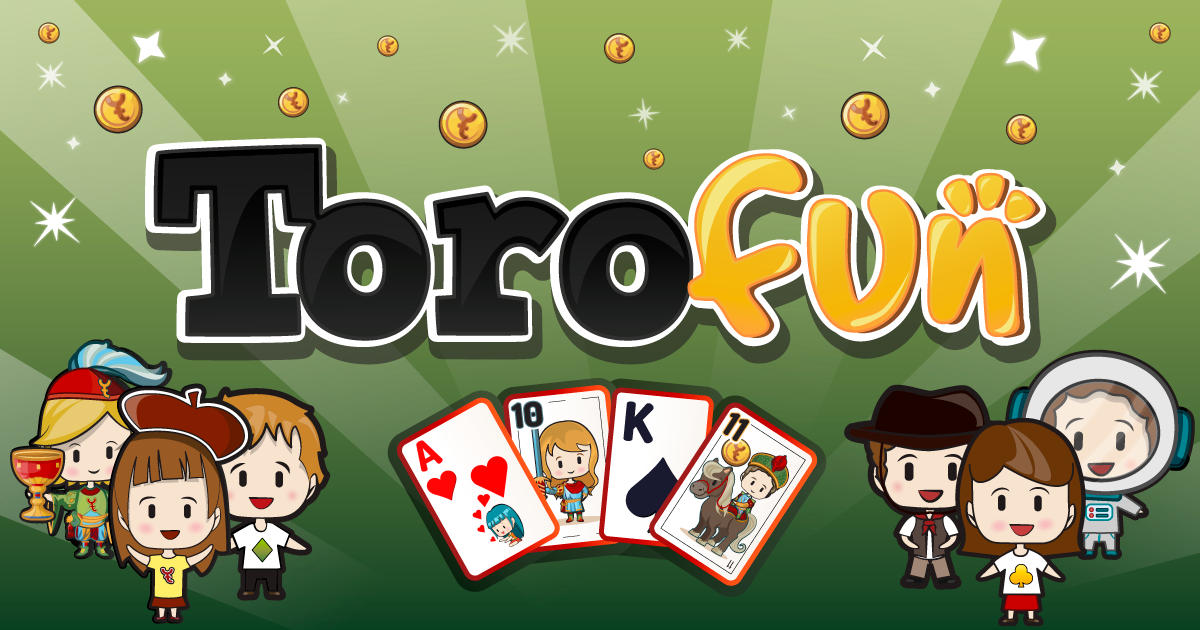Traditional card games have been a popular form of entertainment for centuries. Throughout history, different games have emerged in different parts of the world, each with its own rules and peculiarities. In this article, we will explore some fascinating traditional card games and reveal fun facts about Escoba, Belote, Truco, Buraco, Pocha, Chinchon, Mus, and Tute. Get ready to discover interesting details about these classic games!
The Most Famous Games:
- Escoba, also known as Escoba 15, is a popular game in Spain and other Spanish-speaking countries.
- Escoba is believed to have originated in Italy during the 15th century.
- The objective of the game is to score 15 points using the cards on the table.
- It is called “Escoba” (meaning “broom” in English) because, at one time, cards worth 15 points were swept off the table with a broom.
- Belote is one of the most popular card games in France and some Eastern European countries.
- It is played with a deck of French cards and the objective is to score points by capturing cards in tricks.
- Belote has a variant called “Contrée”, which is played in teams of two players each.
- Truco is a very popular card game in Latin America, especially in Argentina, Uruguay, and Chile.
- It is played with a deck of Spanish cards and the objective is to win tricks and guess how many will be won.
- Truco has its own language, with words and phrases used to cheat and deceive opponents.
- Buraco is a card game originally from South America and very popular in Brazil.
- It is played with two decks of French cards and the objective is to form combinations of cards to obtain points.
- A peculiarity of Buraco is that it is played in pairs, where the partners sit opposite each other.
- Pocha is a traditional Spanish game played with a deck of 40 cards.
- The goal of the game is to get as many points as possible by capturing cards in tricks.
- Pocha is characterized by having a betting and auction system to determine the value of each round.
- Chinchon is a game of Spanish origin similar to gin rummy.
- It is played with a deck of 40 cards and the objective is to form combinations of cards and get rid of all of them.
- A curiosity about Chinchon is that it has a variant called “Closed Chinchon”, in which players close their hands without discarding any cards.
- Mus is a very popular card game in Spain and some Latin American countries.
- It is played with a deck of 40 cards and the objective is to form combinations of cards and guess the opponents’ combinations.
- Mus has a strong cultural tradition and is considered more than just a game, as it involves negotiation skills and cunning.
- Tute is a very widespread card game in Spain and in some Latin American countries.
- It is played with a deck of 40 cards and the objective is to score points by capturing cards in tricks.
- Tute has a variant called “Auctioned Tute”, in which players hold auctions to determine the value of each round.
Benefits and Risks of Traditional Card Games
The Benefits
Traditional card games offer a unique blend of entertainment and cognitive skills. They encourage socialization and strategic thinking, and improve concentration and memory. These historical games encourage logical reasoning and informed decision making. Additionally, they promote patience, adaptability, and emotional resilience when facing victories and defeats. Playing cards can also be a relaxing form of digital disconnection, allowing for real connections in an increasingly digitalized world. Altogether, traditional card games enrich the mind and nourish interpersonal relationships.
The Risks
However, these games may present potential risks. Excessive gambling can lead to financial problems and addiction. Intense competition can cause stress and interpersonal conflict. Additionally, prolonged exposure to gaming environments can be socially isolating and affect emotional well-being. In some cases, manipulation or fraud can arise, especially in unregulated environments. It is important to set time and money limits, maintain a balance between gaming and other activities, and be aware of the potential negative effects on mental health and personal relationships.
Conclusion
In short, traditional card games offer unique fun and strategic challenges. Each of them has its own rules and peculiarities, and has left its mark on the culture of different regions. Whether it’s the thrill of Truco in Latin America, the allure of the Belote in France, or the skill of the Mus in Spain, these traditional card games continue to be popular around the world. So, gather your friends and family and enjoy a card game full of fun and excitement!












